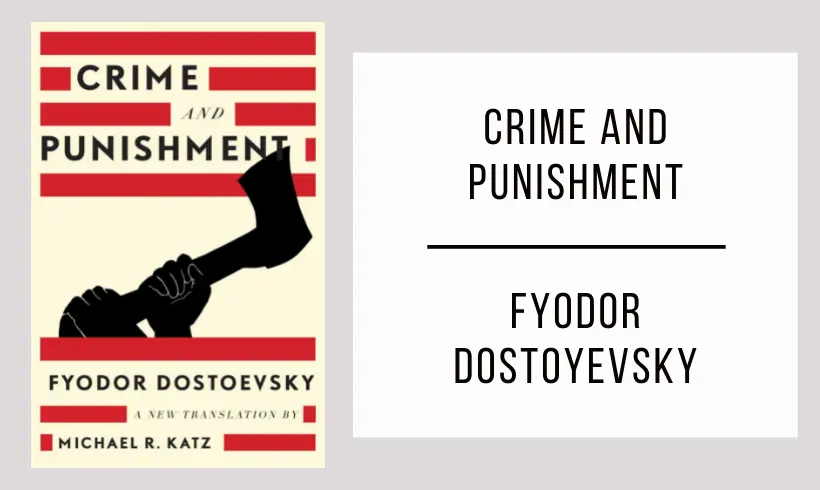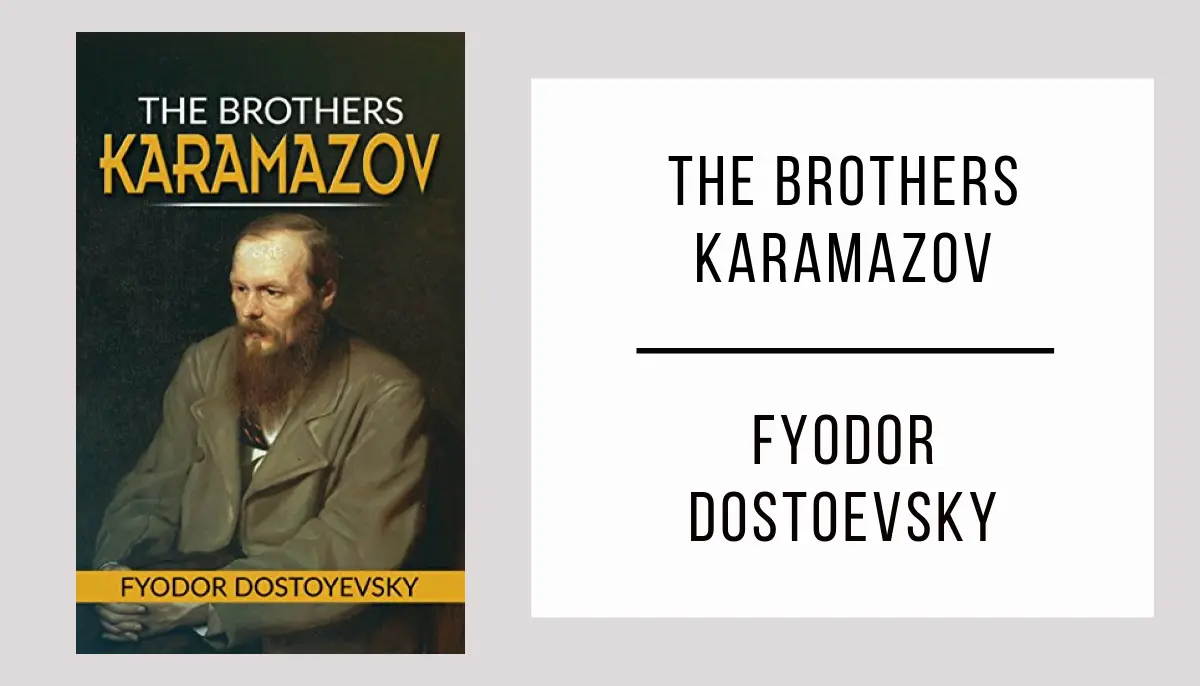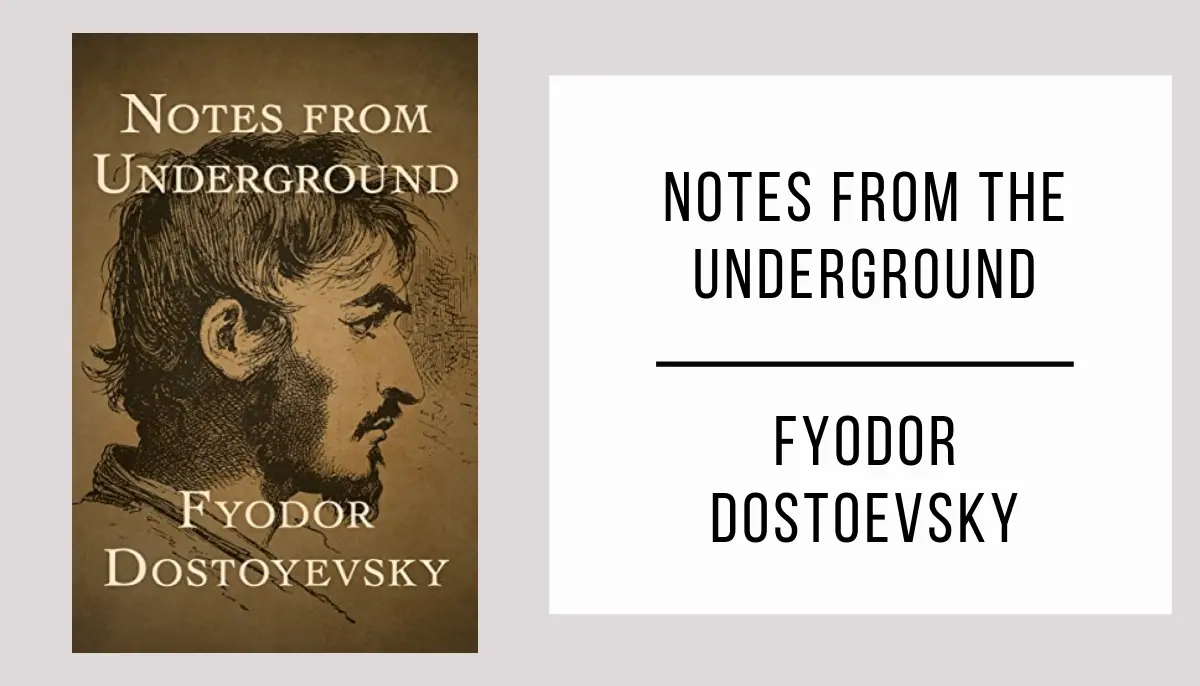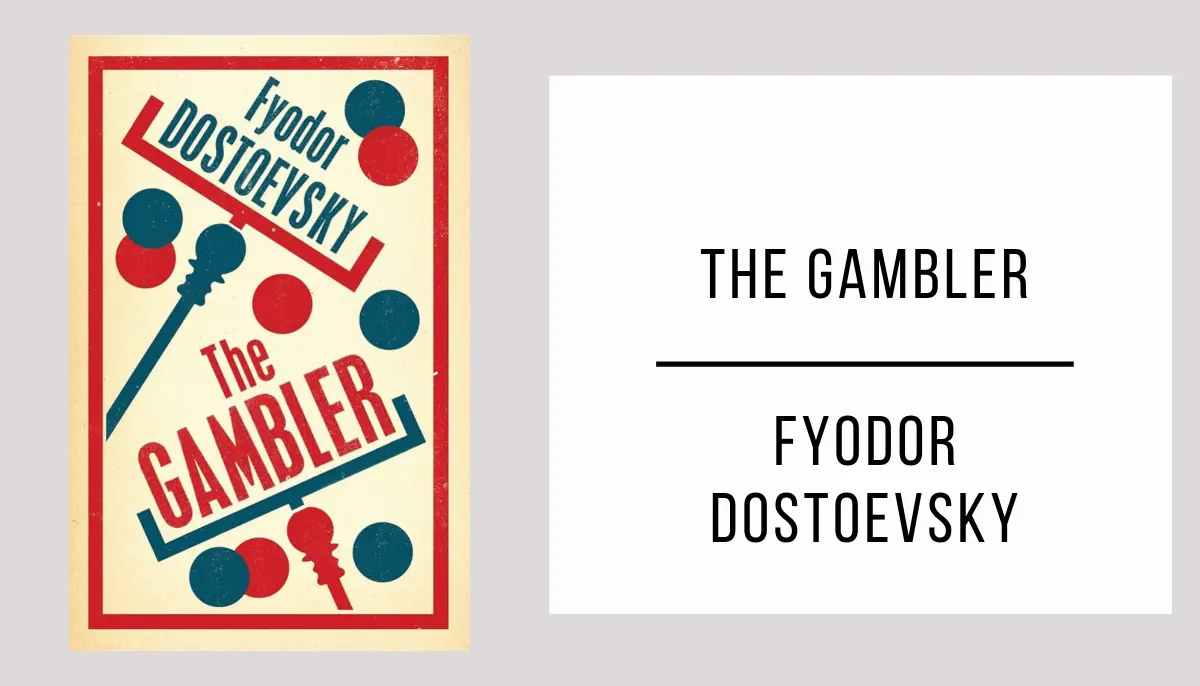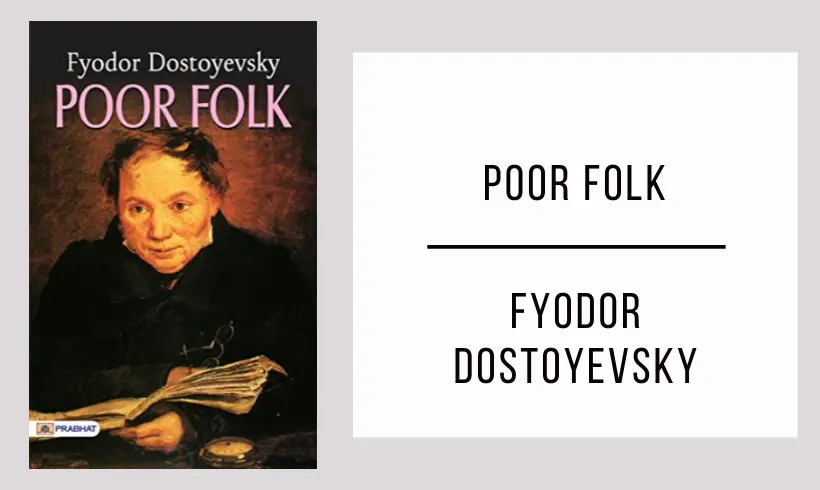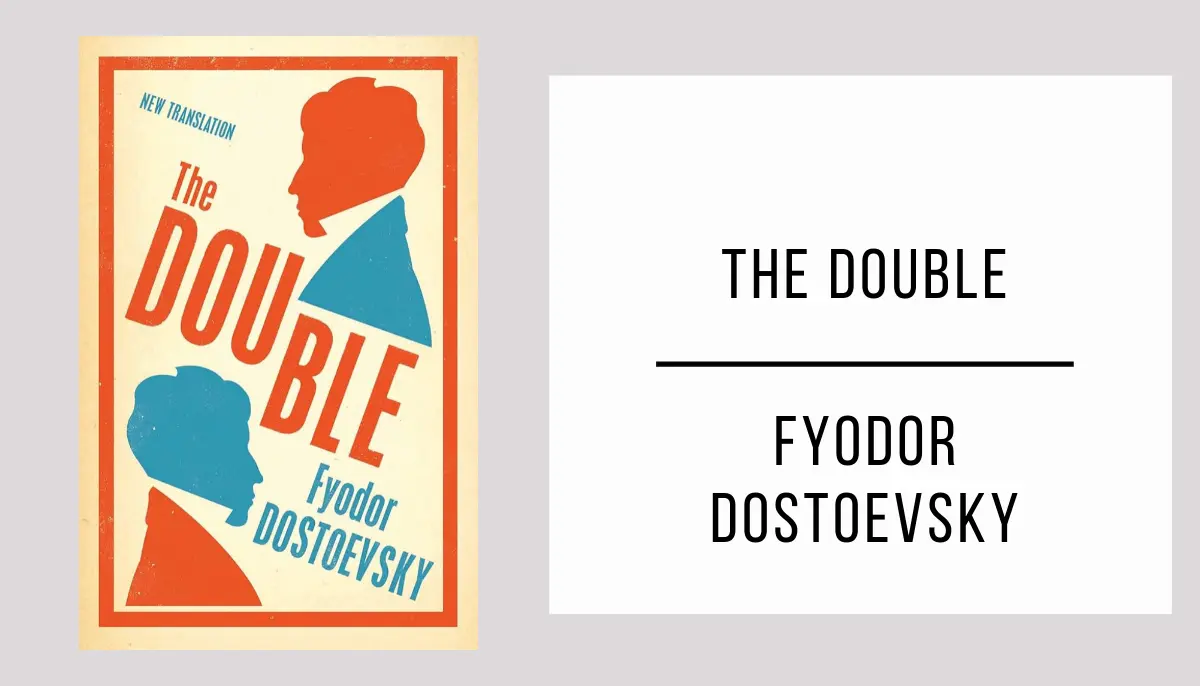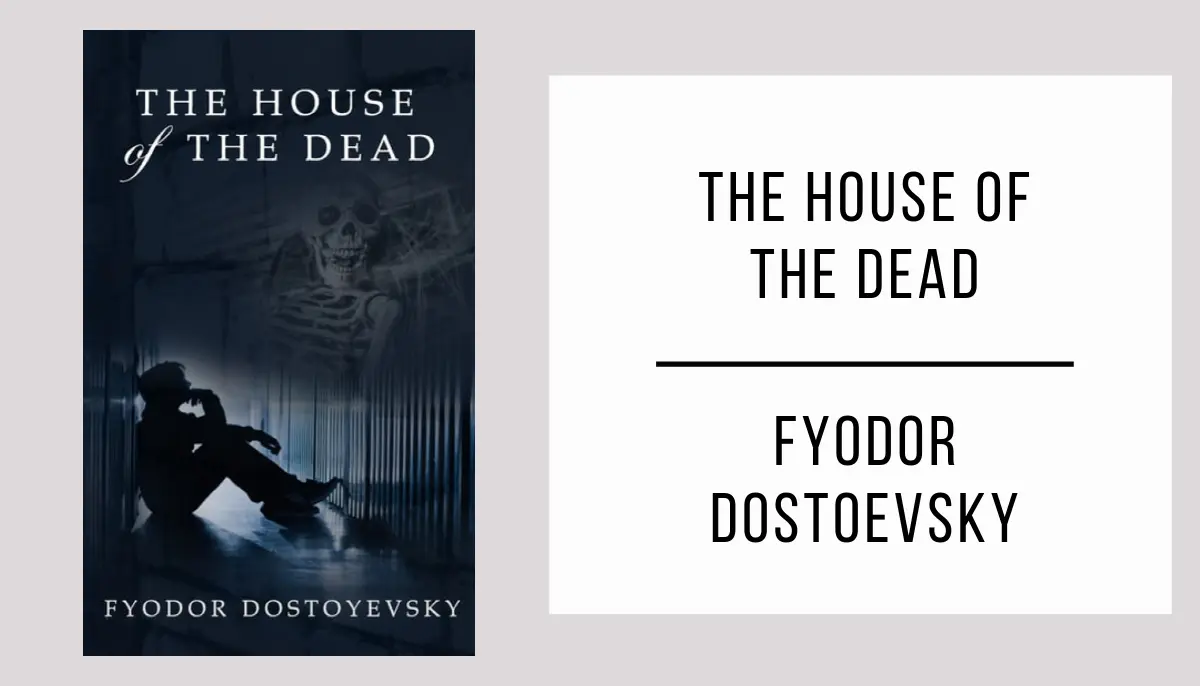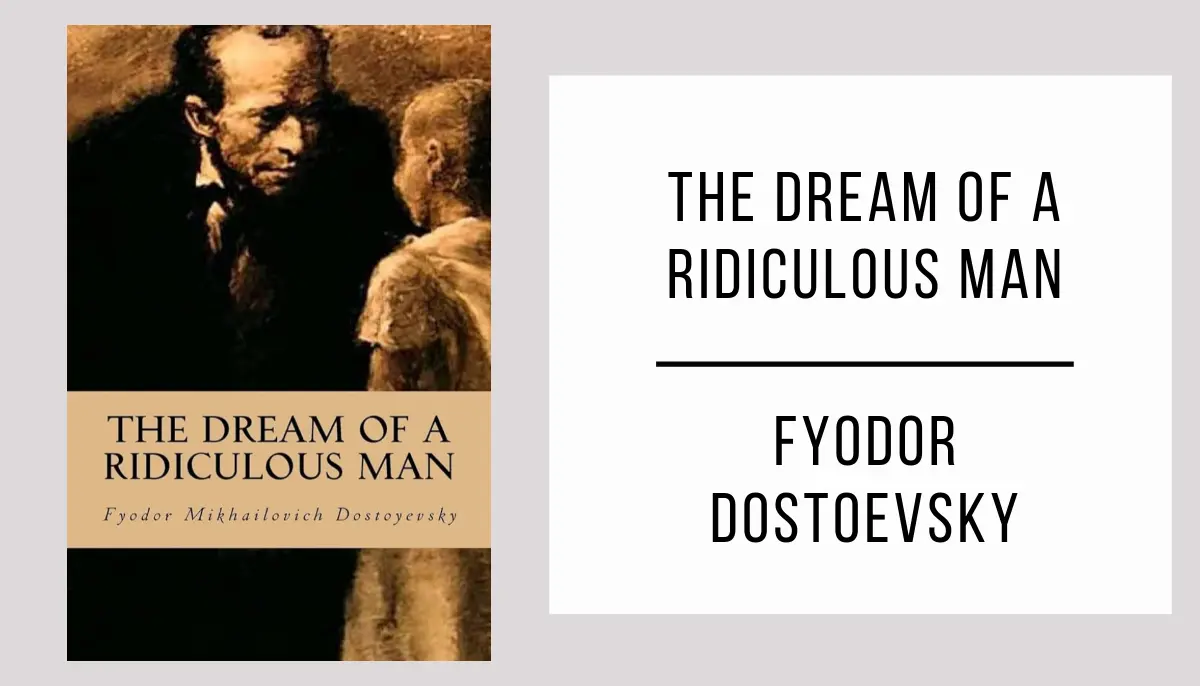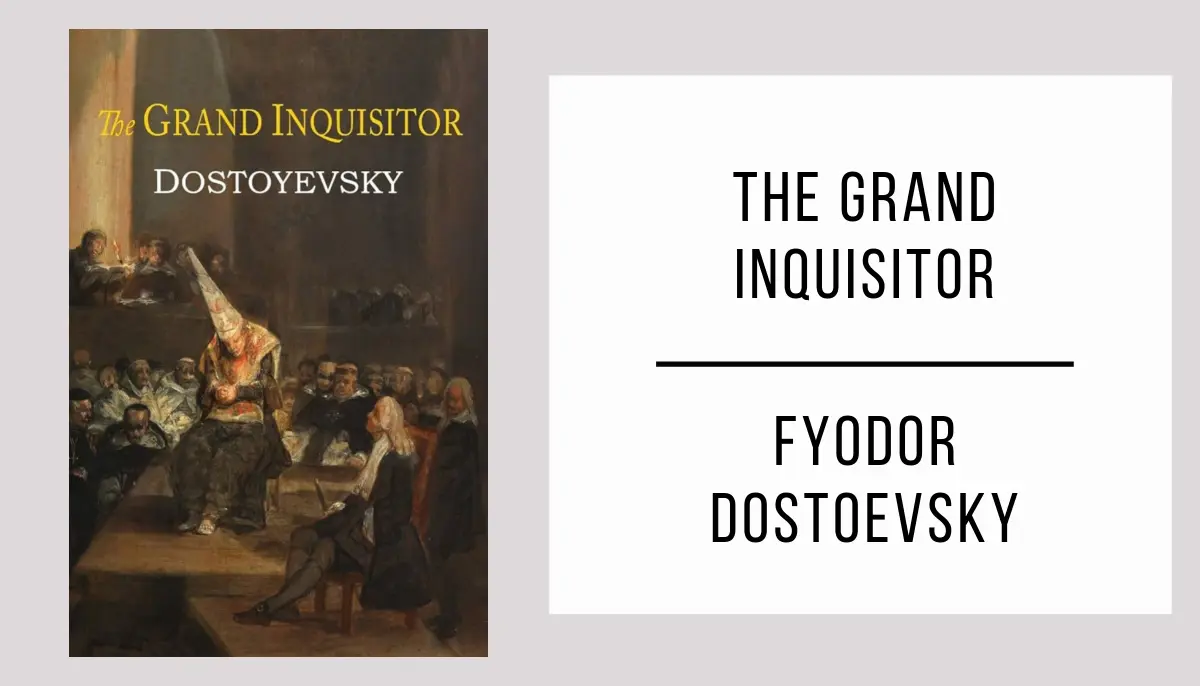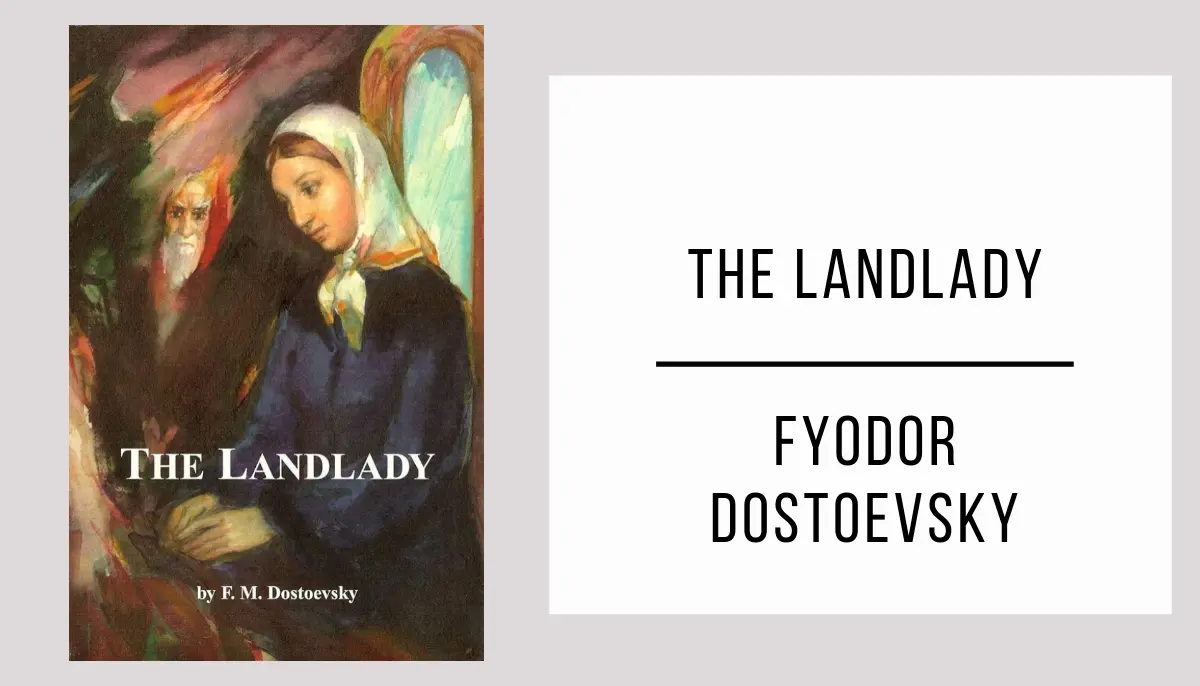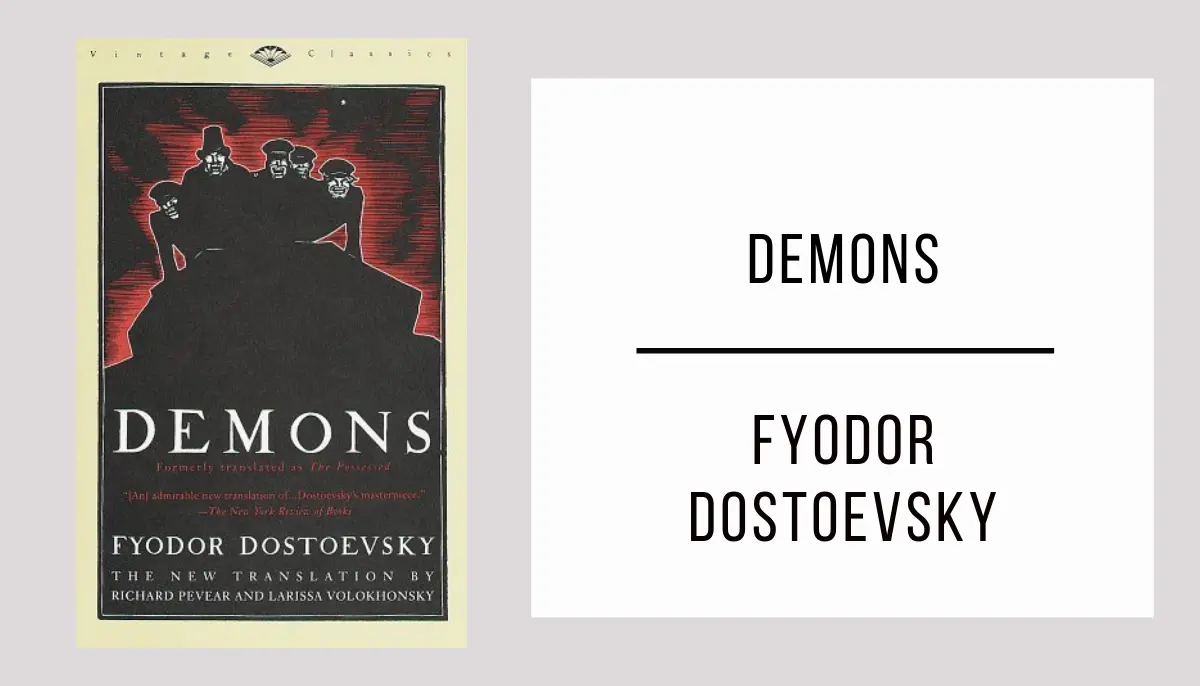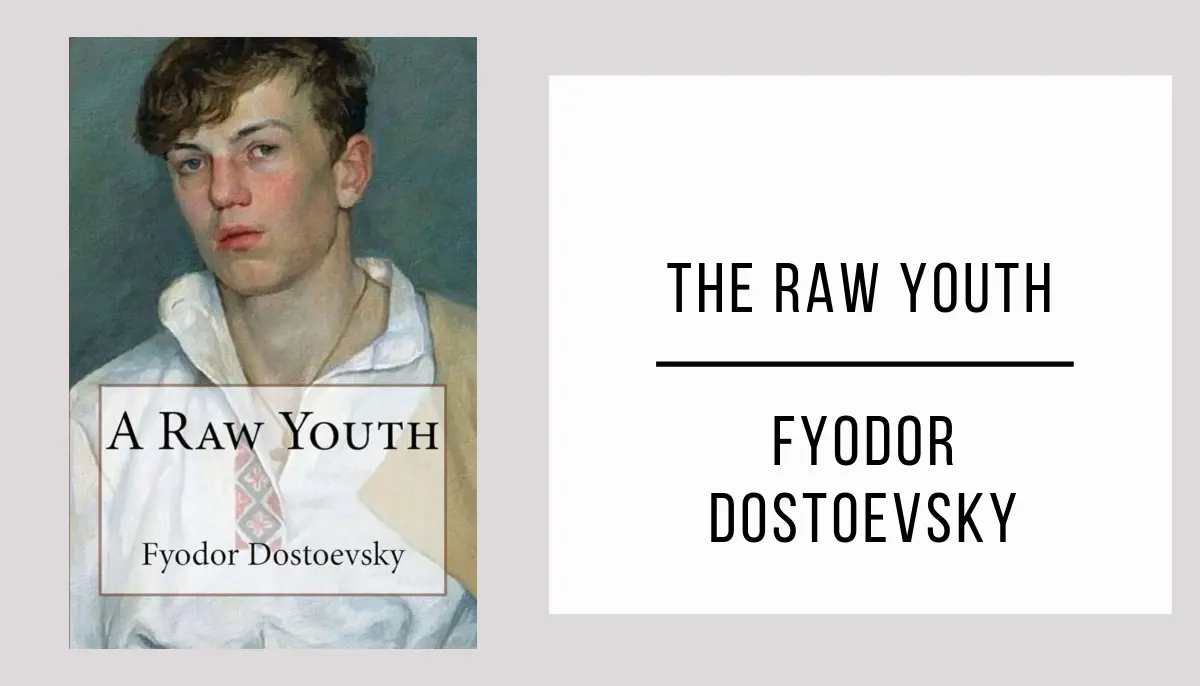“A Nasty Story” is a satirical short story written by Fyodor Dostoevsky that will immerse you in the adventures of a Russian official and his embarrassing moments.
Download a free PDF copy of “A Nasty Story” now and enjoy this masterpiece of classical literature on your device.
Don’t miss the opportunity to delve into the pages of “A Nasty Story”, where satire and irony intertwine to offer you a unique and captivating reading experience.
A Nasty Story in PDF
*Wait a few seconds for the document to load, the time may vary depending on your internet connection. If you prefer, you can download the file by clicking on the link below.
Loading fileInformation A Nasty Story
- Author: Fyodor Dostoevsky.
- Publication Date: 1862.
- Main Characters:
- Ivan Ilyich Pralinski: Protagonist, a Russian official striving to adopt a philosophy of kindness and humanism.
- Colleagues: Ivan Ilyich Pralinski’s companions at the initial meeting.
- Coachman: Ivan Ilyich Pralinski’s driver.
- Subordinates: Individuals of lower social status who work under the authority of Ivan Ilyich Pralinski.
- Brief Summary: “A Nasty Story” tells the story of Ivan Ilyich Pralinski, a Russian official who, after drinking excessively with his colleagues, decides to put into practice his philosophy of kindness towards those in lower social positions. During his adventure, he finds himself at a wedding party and seeks to earn the admiration of his subordinates, but ends up in embarrassing situations.
- Thematic Analysis: Dostoevsky’s satirical short story “A Nasty Story” explores the downfall of the protagonist, Ivan Ilyich Pralinski, who, despite his good intentions, becomes involved in embarrassing situations due to his desire to impress others. The story addresses themes such as vanity, hypocrisy, and the pursuit of social recognition.
- Historical Context: “A Nasty Story” was published in 1862, after the emancipation reform of 1861 in Russia. The historical context of the time, marked by social and political changes, influences Dostoevsky’s narrative by portraying the tensions and contradictions of 19th-century Russian society.



